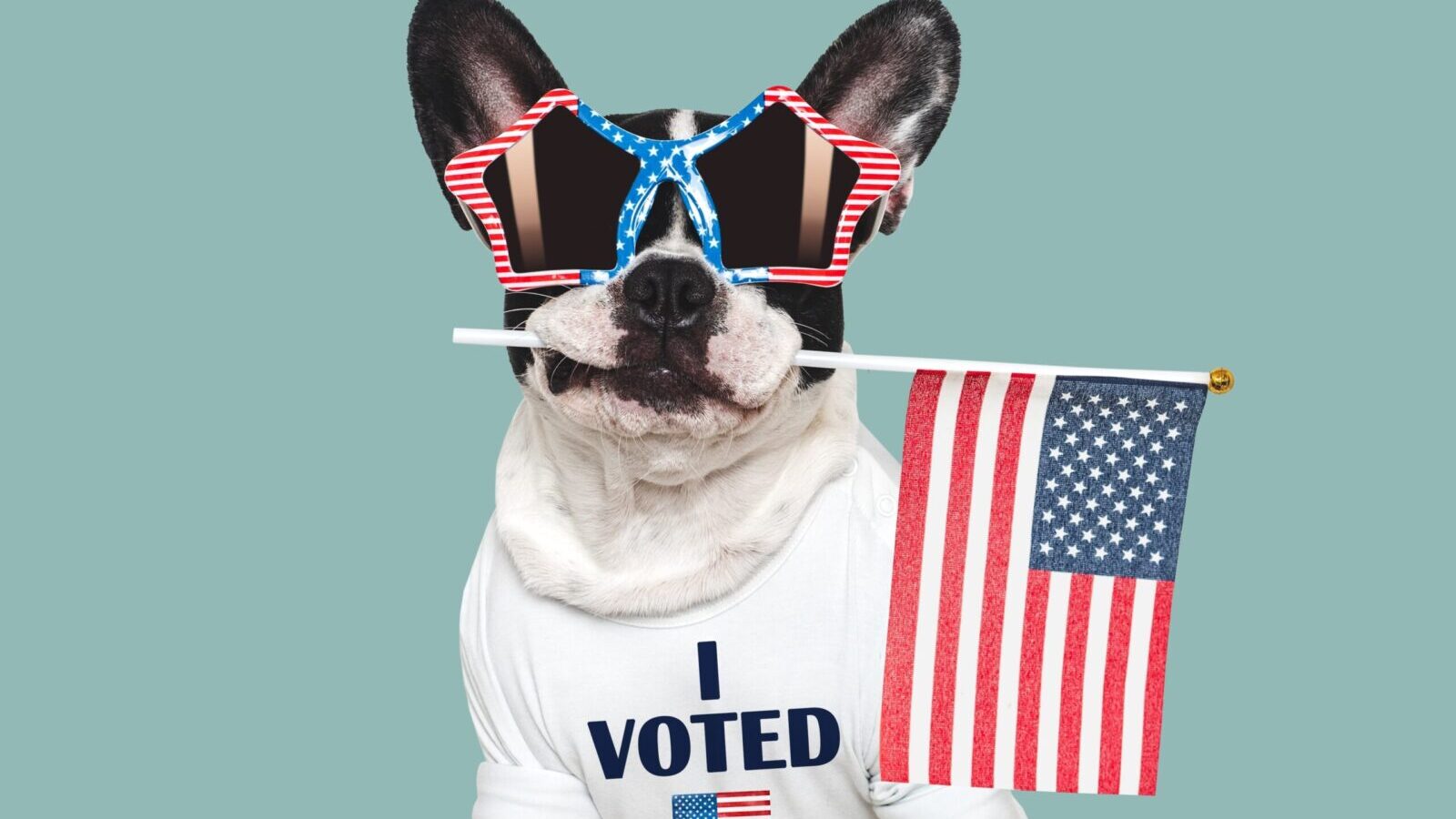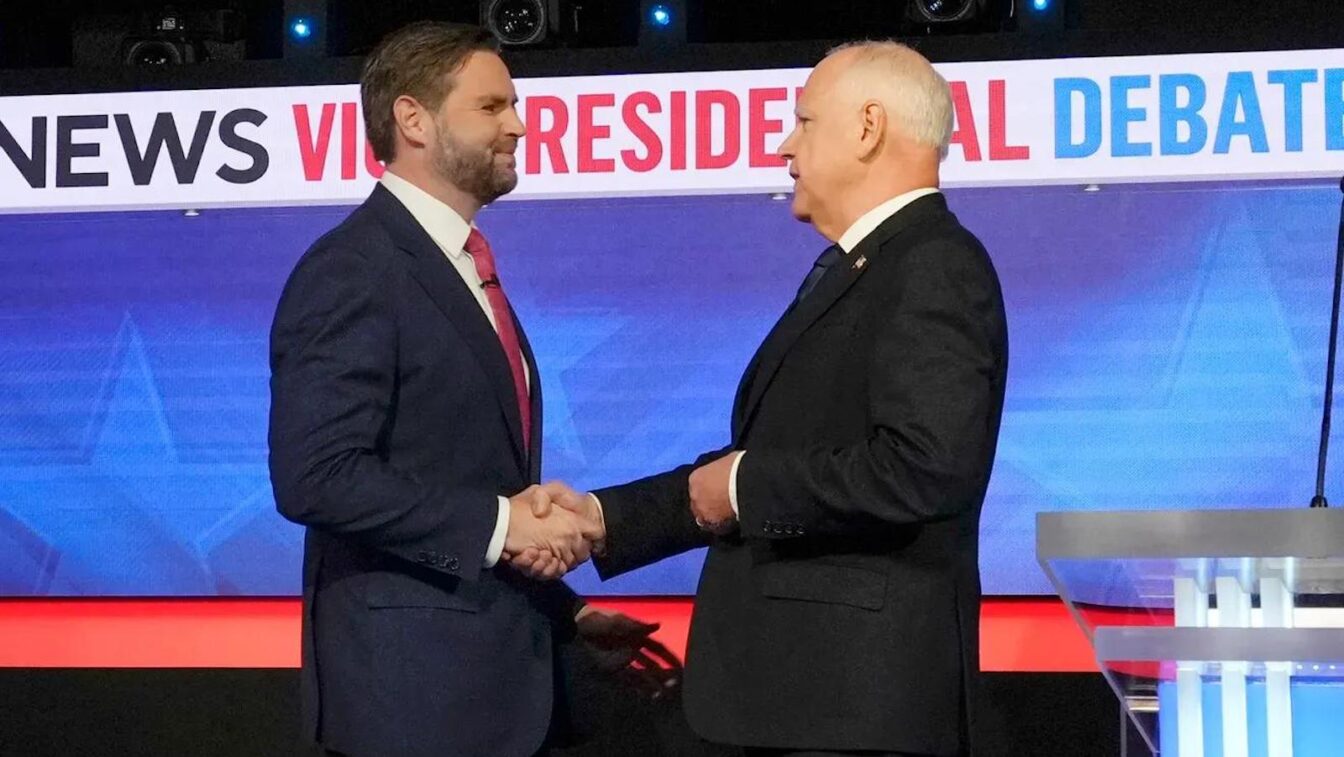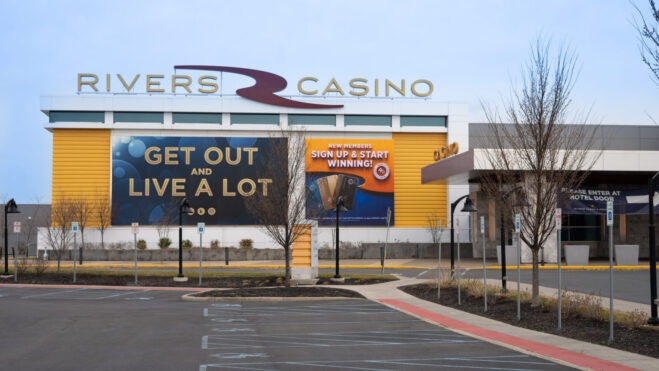CFTC To Oversee Political Derivatives Markets Amid Ongoing Legal Battles
The financial watchdog tried to prevent election betting, but now intends to police it
2 min

In an interview this week with Bloomberg Television, Rostin Behnam, chairman of the U.S. Commodity Futures Trading Commission (CFTC), confirmed that the agency will take on the role of overseeing registered political derivatives markets. This announcement comes despite the CFTC’s ongoing efforts to eliminate such markets, which have gained traction in recent months as the November elections approach.
The CFTC, primarily responsible for regulating futures trading in the U.S., finds itself navigating uncharted waters as it engages in a legal battle with Kalshi, a platform where Americans can now place bets on various election outcomes. Behnam likened the CFTC’s role to that of an “elections cop,” emphasizing the regulatory challenges posed by these unique financial instruments.
Political derivatives markets have attracted significant attention from investors and regulators alike. Platforms like Kalshi and PredictIt allow users to wager on events ranging from election results to policy decisions. However, their growing popularity has raised concerns about market integrity and potential manipulation.
Kalshi’s model operates under specific guidelines set forth by the CFTC, allowing participants to trade contracts based on binary outcomes — essentially betting on whether a candidate will win or lose an election. While this model provides transparency and structure, it also invites scrutiny regarding its implications for democratic processes.
The CFTC hasn’t agreed with Kalshi’s operating method, but hasn’t been able to stop it, either. Kalshi resumed elections betting this month following a ruling by a federal appeals court that lifted a legal freeze imposed by the CFTC.
The court’s decision allowed KalshiEx to proceed with its “Congressional Control Contracts.” These had been under scrutiny as the CFTC sought to prohibit such wagers while appealing an earlier court ruling that favored KalshiEx.
Tipping the election betting scales
By enabling participants to place financial stakes on political events, KalshiEx and similar platforms are tapping into a unique niche that could reshape how election forecasts are perceived.
The situation is further complicated by unregulated platforms like Polymarket, which operate outside traditional oversight frameworks. Recent reports indicate that Polymarket has seen increased activity from a select group of users allegedly based overseas who are placing substantial bets on Donald Trump’s chances of returning to office. This influx of capital raises questions about market dynamics and potential foreign influence in U.S. elections.
As political betting becomes more mainstream, regulators face mounting pressure to ensure fair play while balancing innovation within financial markets. The rise of these platforms highlights a broader trend where technology intersects with politics — a combination that is reshaping how Americans engage with electoral processes.
Critics argue that political betting could undermine public trust in electoral systems by introducing speculative behavior into what should be democratic processes. Concerns have been raised about how such markets may incentivize misinformation or manipulate public perception leading up to elections.
Despite these challenges, proponents of political derivatives contend that they offer valuable insights into public sentiment and voter behavior. By aggregating “bets” from diverse participants, these markets can serve as barometers for predicting electoral outcomes, providing data points that may complement traditional polling methods.





